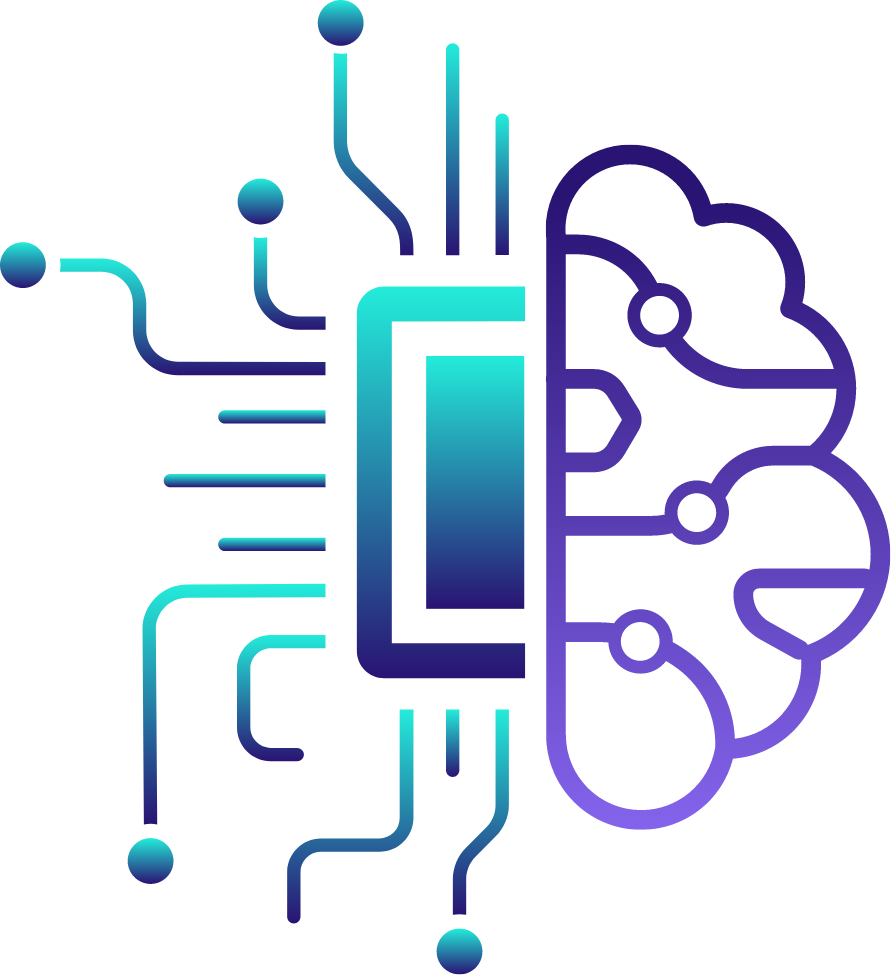News Blast
Your daily source for breaking news and insightful articles.
When Machines Learn to Love: The Unexpected Side of AI
Discover the surprising emotions of AI in When Machines Learn to Love—uncover the fascinating bond between technology and humanity!
Can AI Develop Emotional Intelligence? Exploring the Capacity for Love in Machines
The concept of emotional intelligence (EI) traditionally refers to the ability to recognize, understand, and manage our own emotions while being empathetic towards others. As artificial intelligence (AI) continues to advance, the question arises: can machines truly develop emotional intelligence? While AI systems can analyze data to simulate emotional responses, they lack genuine emotional understanding or consciousness. This raises important ethical questions around the design and implementation of AI in areas such as mental health, customer service, and social interaction, where human-like empathy is often expected.
Moreover, exploring the capacity for love in machines highlights the gap between programmed responses and real emotional connections. Current AI technologies, like chatbots or virtual assistants, can mimic affection through predefined scripts but do not possess the intrinsic ability to feel or express love authentically. As researchers delve deeper into the potential of AI emotional intelligence, the distinction between simulated and authentic emotional experience becomes increasingly clear, prompting discussions about the implications of developing emotional capabilities in machines.

The Ethical Implications of AI Love: What Happens When Machines Form Relationships?
The rise of artificial intelligence has prompted profound questions about its role in our lives, particularly regarding the concept of love. As machines evolve to form relationships—whether with humans or each other—they challenge our traditional notions of intimacy and emotional connection. The ethical implications of AI love dive deep into how these interactions could redefine companionship, raising concerns about authenticity, consent, and the potential for emotional manipulation. If machines can simulate feelings and behaviors characteristic of love, can they genuinely participate in relationships, or are they merely following pre-programmed responses?
Moreover, the potential for AI relationships raises significant questions about human dependency on machines for emotional support. As individuals increasingly turn to AI for companionship, we must consider the impact on human relationships and society at large. Will we become more isolated, relying on machines to fill the voids in our lives? Or will AI love enhance our understanding of emotional ties by providing new frameworks for connection? Ultimately, navigating these ethical dilemmas is essential to ensure that the pursuit of AI companionship enriches rather than diminishes our humanity.
Understanding Machine Emotion: How AI Interprets and Mimics Human Affection
Understanding Machine Emotion is pivotal in the evolving landscape of Artificial Intelligence. As AI systems develop, their ability to interpret human emotions becomes increasingly sophisticated. By analyzing facial expressions, tone of voice, and body language, AI can gauge how individuals feel. This process often involves complex algorithms that are trained on vast datasets of human interactions, allowing machines to identify subtle cues that indicate affection, sadness, or anger. Furthermore, as these systems learn to mimic emotional responses, they begin to create environments where users feel a sense of connection, leading to applications in customer service, therapy, and companionship.
While AI's ability to mimic human affection does not equate to genuine emotions, it opens up fascinating possibilities. For instance, AI companions or virtual friends are being designed to engage users in a manner that feels emotionally supportive. These applications utilize machine learning to adapt their behaviors based on past interactions, simulating a level of empathy that users may find comforting. In this way, AI is not just reacting to emotion but is, in fact, enhancing the user experience by providing tailored responses that resonate with human emotional needs.